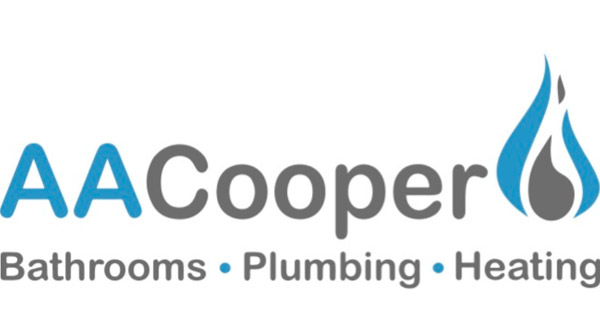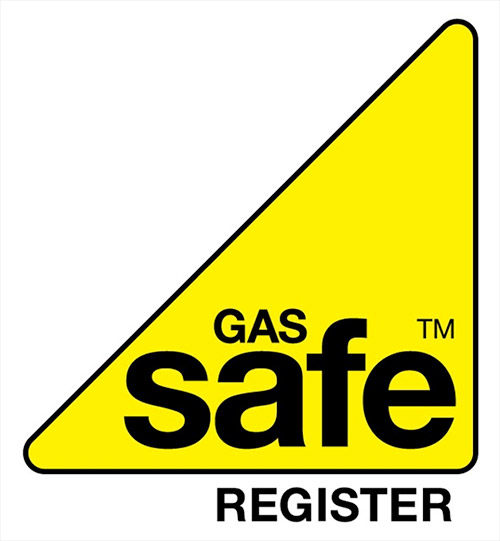The most efficient heating system for a house depends on multiple factors, including the size of the house, insulation, energy costs, and personal preference. Here are some common heating systems used in the UK:
Gas Central Heating:
Pros: Gas central heating is common in the UK and generally considered cost-effective. Gas boilers are efficient, and there’s an extensive gas infrastructure in the country.
Cons: Gas is a fossil fuel, and while modern boilers are more efficient, they still contribute to carbon emissions. Gas prices can also fluctuate.
Electric Heating:
Pros: Electric heating systems, such as electric radiators or underfloor heating, are easy to install and may be suitable for smaller spaces.
Cons: Electric heating can be more expensive than gas, especially if electricity prices are high. It may not be the most environmentally friendly option, depending on the energy mix.
Heat Pumps:
Pros: Air source heat pumps (ASHP) and ground source heat pumps (GSHP) are more environmentally friendly as they extract heat from the air or ground. They can be highly efficient.
Cons: Initial installation costs can be high but there are government incentives and savings on running costs over time.
Biomass Boilers:
Pros: Biomass boilers use organic materials like wood pellets, reducing reliance on fossil fuels. They can be cost-effective in certain situations.
Cons: Biomass systems require storage for fuel, and the sourcing of sustainable biomass is crucial. They may also require more maintenance.
Solar Thermal Systems:
Pros: Solar thermal systems use sunlight to heat water for domestic use and sometimes space heating.
Cons: Their effectiveness is weather-dependent, and they may need a backup system for periods of low sunlight.
District Heating:
Pros: District heating involves a centralised boiler providing heat to multiple buildings. It can be efficient and reduce individual system maintenance.
Cons: Availability is limited to areas with district heating infrastructure, and the initial setup can be expensive.
When considering a heating system, it’s essential to evaluate the upfront costs, running costs, environmental impact, and compatibility with your home’s characteristics. Additionally, government incentives, such as grants or subsidies for certain systems, can influence your decision.
Consulting with a heating professional can help you determine the most suitable option for your specific circumstances. For all your energy-related needs, contact the team at AACooper on 01689 485007 or info@aacooper.co.uk

